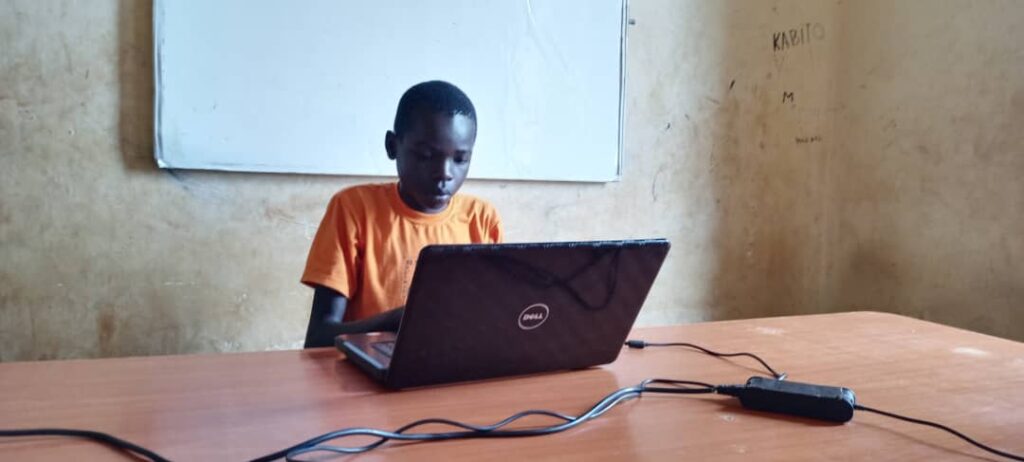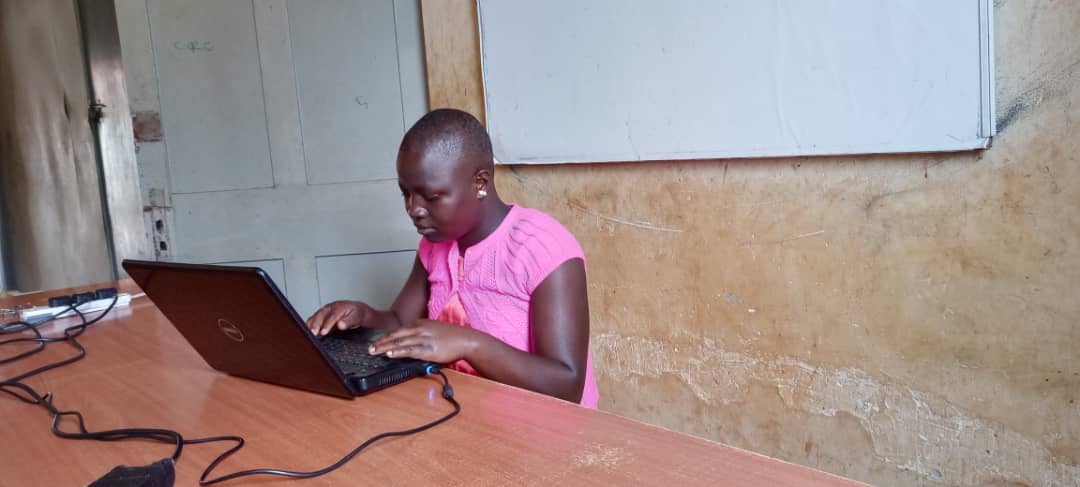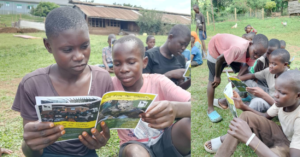Drug abuse is commonly accompanied by a devastating social impact upon community life, contributing to increased violence, crime, financial problems, and homelessness. The World Drug Report informed us that at least 35 million people worldwide suffer from drug use disorders, highlighting the prominence of this issue.
With a 26% rise in people aged 15-64 using drugs worldwide in the last decade, this month, the children S.A.L.V.E supports in Uganda asked our global supporters:
How can we reduce or stop drug abuse in our communities?
The topic sparked a thought-provoking debate, with many insightful contributions such as Nat’s who highlighted the important role of the community, suggesting that funding of more community groups is needed to provide the chance for community members to engage in meaningful activities day to day, steering them away from the use of drugs. Similarly, Victoria echoed the need for community-based activities: “Having meaningful activities in communities especially those that empower individuals and keeping them from criminal activities helps”.
Philemon from Uganda regarded education as an important tool in preventing drug abuse in communities, sharing that the government and other stakeholders should come out and educate society on the risks and consequences of drug use. James from Uganda agreed with this perspective, stating that, “Good education and knowledge are the powerful statements regarding drug use, education gives proper knowledge about the risks, health and legal consequences of drug abuse”.
In addition, debaters brought attention to the responsibilities of families in guiding their loved ones away from drugs. Junior believed that providing love and support was a good place to start. Further, Kabale from Uganda argued that parents should take the initiative to properly counsel their children about the dangerous effects of drug use. Sharif also pointed to the role of parents: “Offer praise and encouragement when your children succeed. A strong bond between you and your teen might help prevent your teen from using drugs.”
Regarding the role of parents, Rose considered that “Parents should minimise their teens exposure to drugs by affecting who their child hangs out with”. However, Bright questioned this perspective, acknowledging that it is hard to control teenagers nowadays. Donia from Uganda also believed that who you are around influences drug use. Therefore, to prevent drug abuse, Donia claimed, “We need to avoid certain peer groups in our communities because they influence us to learn bad habits.”
Interestingly, Nicola from the UK wanted to look at the causes of taking drugs, which could enable early intervention, “We need to do more to find out why people are turning to drugs. Is it depression, is it boredom, is it the situations they are facing in life?”. Indeed, Asha from Uganda thought that most causes of drug use were idleness, so keeping busy is a way to avoid turning to drugs.
How can the government reduce drug taking?
The government plays a critical role in addressing the growing prevalence of drugs in communities through effective interventions. Several participants emphasised the need for governments to be stricter when it comes to drugs. Philemon from Uganda advocated for bans implemented by the government on the substances on the market, and stricter laws to be in place that are tighter than existing penalties for drug users. Leigh from the UK supported tighter restrictions, claiming that, “Restricting or controlling the sale of the fuel might help”. However, Nsanze from Uganda, questioned increasing restrictions, sharing that in countries like Uganda laws do not apply in most cases, so individuals are more likely to continue using drugs as they wish.
This conversation has generated a lot of useful proposals for how we may prevent or minimise drug usage in our communities. Participants in the debate emphasised the importance of communities in facilitating meaningful activities to steer community members away from drug usage. Several debaters looked towards education in informing our children about the risks of drug use. Furthermore, how families may guide their loved ones away from drugs was addressed, with an emphasis on offering love and support. Looking at the core causes of drug misuse was also highlighted; understanding why people use drugs might help with early prevention. Finally, the government’s role in reducing substance abuse was discussed, as numerous contributors advocated for stricter regulations.
Join us for our next compelling debate at any time this month or during our live session on 29th September 2022.





0 Comments